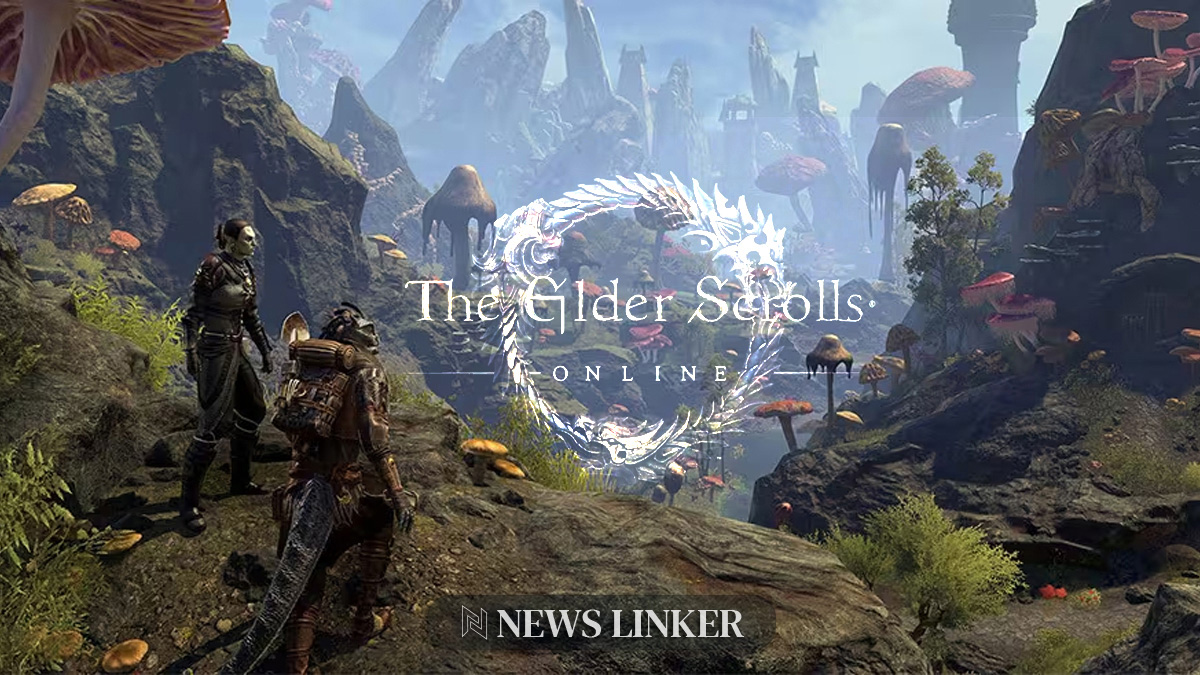The Elder Scrolls series has firmly established itself as a staple of PC gaming culture, gaining prominence for its vast open-world experiences and dynamic modding community. This retrospective delves into the depth and complexity of the Elder Scrolls games, examining their evolution from the original Arena to the colossal cultural phenomenon that is Skyrim. With the modding scene breathing endless life into these games, the series has become synonymous with the creative power of its fan base, who have modified and expanded upon the original content to suit their personalized gaming styles.
Long before the Elder Scrolls games rose to fame, Bethesda Softworks was known for creating diverse titles such as The Terminator and Hockey League Simulator. The initial concept of Arena was a hybrid of these elements, aiming to blend sports management with an open-world adventure. Throughout the development process, the games evolved significantly deviating from initial designs and eventually gave rise to the sprawling dungeons and in-depth storylines that are characteristic of the series today. As the series progressed, each title built upon its predecessor’s frameworks, adding layers of complexity and richness that have made each installment a significant part of the gaming canon.
Modding: The Heart of Elder Scrolls’ Longevity
At the core of the Elder Scrolls’ enduring success is its modding community. Titles like Skyrim have topped charts not merely because of their base gameplay but because of the fans who have transformed the experience through mods. The modding scene has proven to be a driving force, with players not only refining games to address technical issues but also adding new content that makes these virtual worlds their own.
The Evolution of Gameplay and Quest Design
Gameplay and quest design have undergone significant transformations across the series. From the rudimentary quests in Arena to Daggerfall’s faction-driven missions, each installment has strived to enhance player engagement. These efforts, while not always flawless, laid the groundwork for more intricate narratives in subsequent titles. Oblivion and Skyrim, despite their flaws, offered memorable quests that continued to raise the bar for what players expect from the series.
Memorable Worlds and Storylines
Each game in the Elder Scrolls saga has contributed to an expansive and intricate universe. Morrowind, in particular, stands out with its distinctive setting and cultures, leaving a lasting impression with its unique architecture and complex socio-political landscape. The Elder Scrolls’ ability to immerse players in diverse environments has been pivotal in maintaining the series’ relevance and appeal. This immersion is further reinforced by mods that continue to expand and enrich these virtual worlds.
The dedication of the Elder Scrolls community is evident in the wealth of related articles and discussions. For instance, PC Gamer’s examination of open-world games highlights Skyrim’s unique approach to world-building, which diverges from the often-criticized “Ubisoft model” of open-world design. Additionally, Gamers With Jobs has recognized the literary achievement of Morrowind, underscoring the game’s depth and its impact on gaming narrative. These discussions reflect the ongoing interest in the series’ developments and the passionate analyses it has inspired.
Helpful points:
- Modding amplifies the Elder Scrolls series’ replayability.
- Morrowind remains a benchmark for cultural richness in gaming.
- Fans shape the series’ evolution through community engagement.
Reflecting on the evolution of the Elder Scrolls series, it’s clear how each game has left an indelible mark on the RPG genre. As an avid gamer, I’m struck by the games’ ability to transport us into their meticulously crafted worlds. Morrowind, for instance, showcased a level of cultural depth and narrative complexity that continues to influence how I view story-driven games. The modding community has played an essential role in keeping these games alive, ensuring that the Elder Scrolls saga remains as vibrant and relevant today as it was upon its initial release. The series is more than just a set of games; it has become a canvas for players to express their creativity and a testament to the collaborative spirit of gaming culture.










